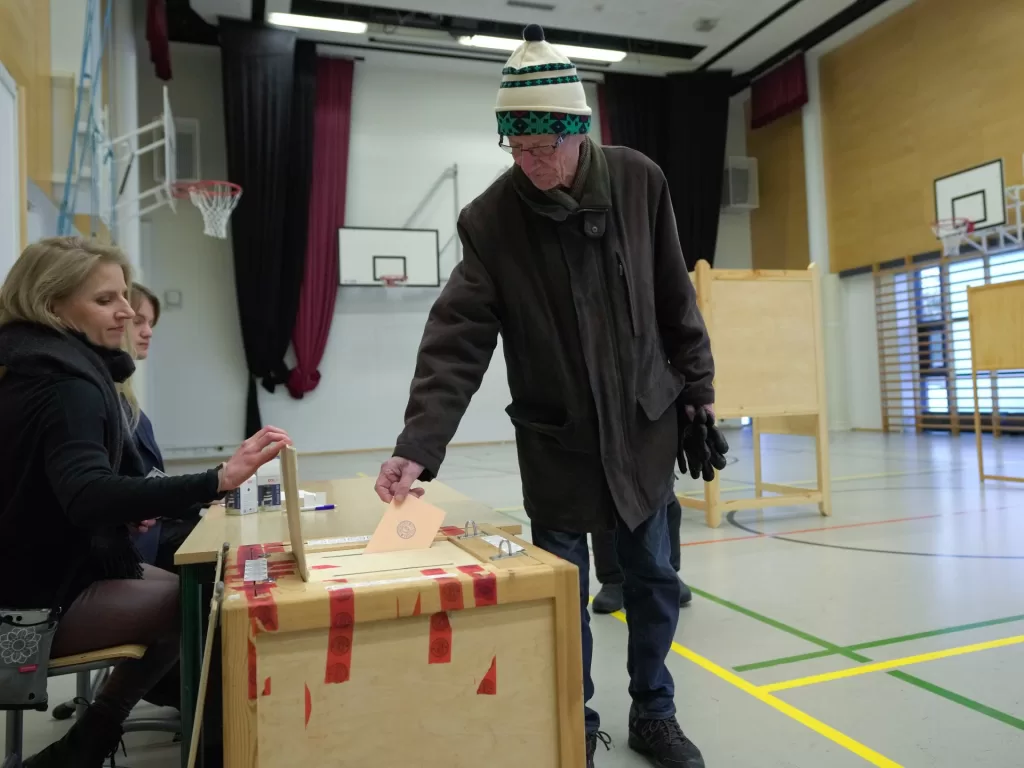Former Prime Minister Alexander Stubb is racing former Foreign Minister Pekka Haavisto.
More than four million people are eligible to vote on Sunday for a new head of state, whose main task will be to steer foreign and security policy, which has taken on new significance after the Nordic country joined NATO in response to Russia’s invasion of Ukraine.
The vote pitches conservative former prime minister Alexander Stubb, 55, against 65-year-old Pekka Haavisto, a former foreign minister from the Green League.
Both largely agree on Finland’s foreign policy and security priorities. These include maintaining a hard line toward Russia – with which the country shares a 1,340km (832-mile) border – strengthening security ties with Washington, and support for Ukraine.
The run-off follows January 28’s first round, in which none of the candidates won more than the requisite 50 percent of votes for victory.
The National Coalition Party’s Stubb – who led the government in 2014-2015 and earlier held several other Cabinet posts – took the top spot in the first round with 27.2 percent, ahead of the eight other candidates. He remains the favourite to win the second round.
Haavisto, runner-up in the first round, was Finland’s top diplomat in 2019-2023 and the main negotiator of the country’s entry into NATO. A former conflict mediator with the United Nations and devout environmentalist, Haavisto took 25.8 percent of the votes in the first round. He would become Finland’s first openly gay president if elected.
The winner will succeed highly popular President Sauli Niinisto, whose second six-year term expires in March. Niinisto is not eligible for reelection.
The EU’s external border
Unlike in most European countries, the president of Finland holds executive power in formulating foreign and security policy, together with the government. That focus is magnified concerning countries outside the European Union such as the United States, Russia and China.
The head of state also commands the military, which is particularly important in Europe’s current security environment and the changed geopolitical situation of Finland.
The country joined NATO in April 2023, breaking with decades of non-alignment to join the Western defence alliance in the wake of Russia’s invasion of Ukraine.
Finland’s admission to the alliance drew threats of “countermeasures” from Russia.
In December, Finland closed its border with Russia in response to a surge in migrants trying to cross. Moscow denied Finnish charges that it was sending the migrants there.
The Finnish border also serves as the external EU border and represents NATO’s northeastern flank.
